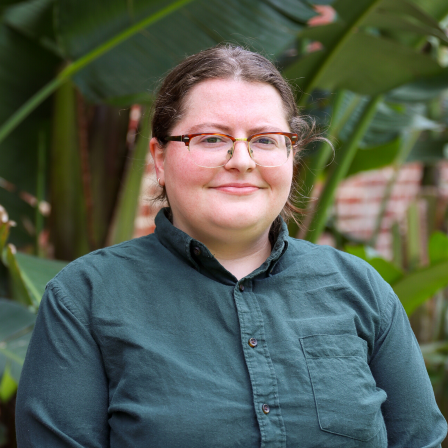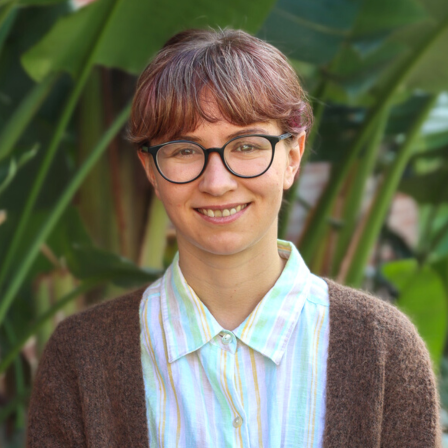Click on a course or module title for more information or contact the Training Team to discuss training opportunities.
Training courses and learning modules
Intersectionality training series
PACE Leadership Program
Understanding culture, race and gender
Intersectionality 101: An introduction
Intersectionality in policy and practice
Applying intersectionality to preventing violence against women
Prevention of Violence Against Women Training
Why train with us
People who train with us:
- deepen their understanding of culture and gender
- gain practical tips on effective cross-cultural engagement
- receive current, evidence-based, sector relevant information
- learn in a safe, inclusive and welcoming environment
- gain an understanding of theory relevant to everyday practice
MCWH operates from an intersectional feminist approach and can share first-hand knowledge of how this approach can be applied to different policy and practice settings. Learn more about our story.
Training Schedule
Currently MCWH is delivering most training online.
Contact the training team for general enquiries about our training programs or make a booking enquiry by completing our online booking form.
Meet the Training Team




Testimonial
"MCWH Intersectionality training challenged my assumptions about gender, race and culture, which I didn’t even know I held!
Please do this training if you want to learn how to look, listen and understand experiences of discrimination in a way which really gets to the heart of inequality.
As a government policy officer, I know I will continue to benefit from having done this, and I hope it will come through in my work in the public service and with communities."
A 2023 participant from the Department of Families, Fairness and Housing, Australian Government.
Our clients
MCWH has provided training for health, community and government organisations. We specialise in working with:
- health professionals
- bilingual and bicultural workers
- women's health services
- community and social services
- multicultural and ethno-specific services
- government services
- industry and workplaces
- educational institutions
- community organisations








